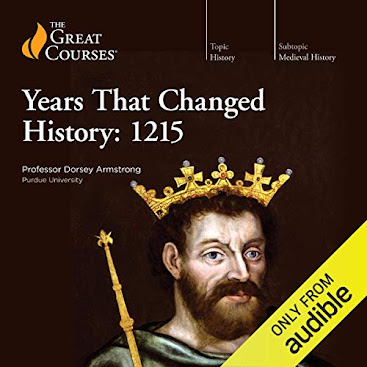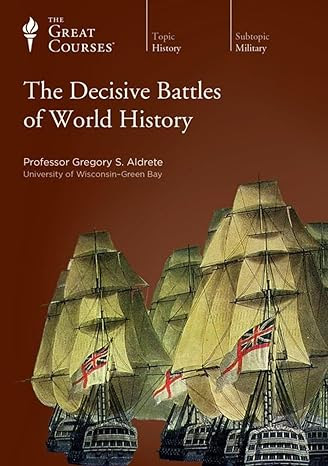HARLEQUIN (Grail Quest 1) (audiobook) by Bernard Cornwell

Originally published in 2000. Performed by Andrew Cullum. Duration: 14 hours, 49 minutes. Unabridged. Also published under the alternate title "The Archer's Tale" Harlequin is the tale of Thomas of Hookton during the early years of the Hundred Years' War . Hookton was a tiny English fishing village that was destroyed by French raiders from a ship. The raiders burn and loot the village, kidnap as many women they can, burn the village, and steal a religious relic - the famed lance that St. George used to kill the dragon. Thomas heads off to join up as an English archer so he can get his revenge on the French noblemen that destroyed his hometown and get St. George's lance back. The bulk of the book is about his adventures in France in a series of battles in the Hundred Years' War serving as a harlequin. A harlequin was the French term for an English long bow archer. The battle scenes in this book are unbelievably well-told and Andrew Cullum's performance as...

















